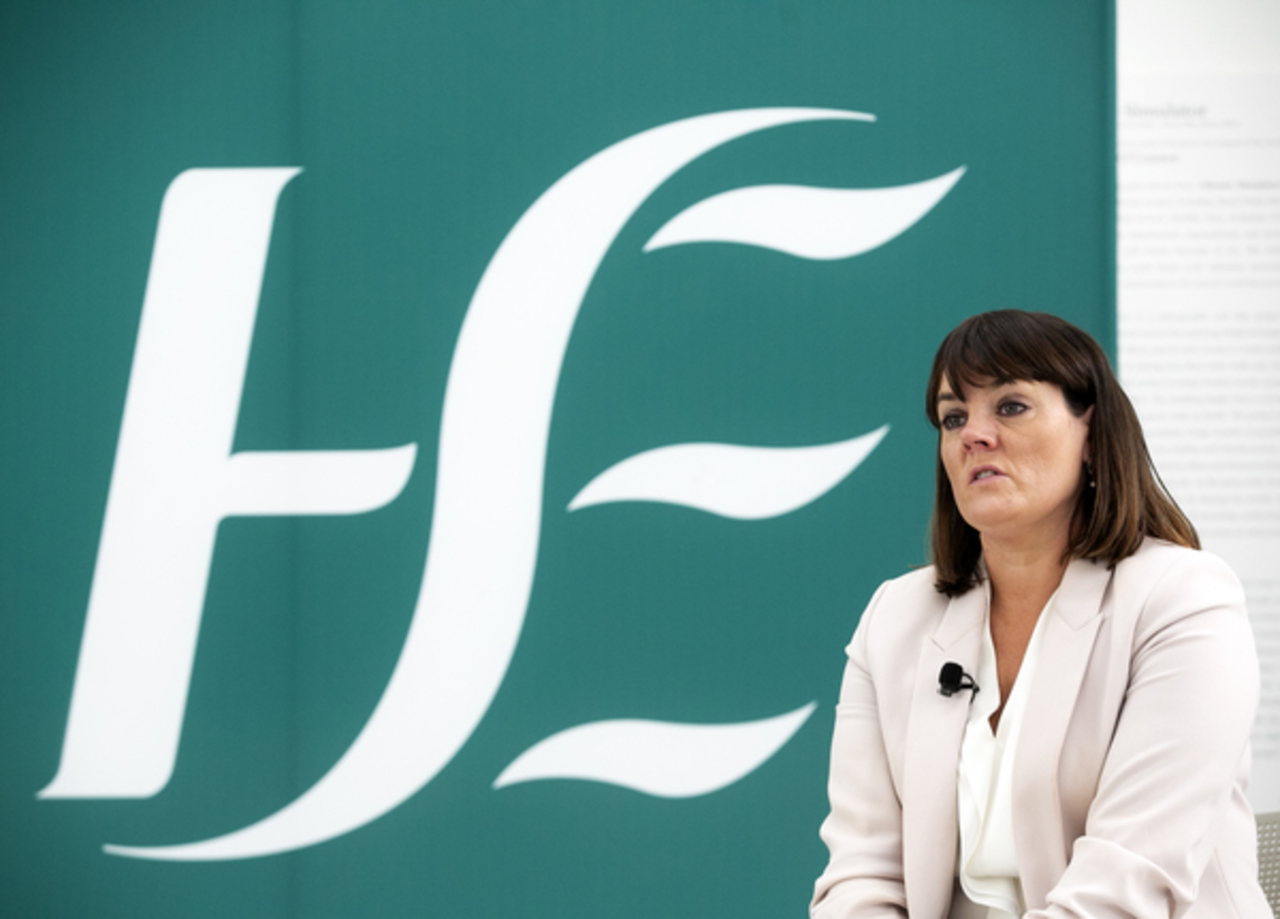
HSE targets graduates and students to boost contact tracing capacity
The HSE said that it’s looking for public-health trained individuals who will be ready to start almost immediately.
by Dominic McGrathTHE HSE IS directly targeting public health-trained students and recent graduates in a bid to quickly ramp up contact tracing capacity.
The decision comes following HSE CEO Paul Reid’s call for the public to apply for a range of testing, swabbing and contact tracing positions over the coming weeks.
The organisation is aiming to hire 550 contact tracers, largely through direct contacts with colleges in Ireland and by tapping the long list of people who signed up for the ‘Be on Call for Ireland’ initiative launched at the start of the pandemic.
Of the 73,000 people who signed up for the initiative, only 209 were placed into a role n the health service.
The reasoning behind this, a HSE spokesperson told TheJournal.ie was for “expediency”.
The HSE, they said “is actively exploring suitable job ready candidates together with direct targeting of colleges for public health graduates over the next couple of days”.
This approach is in contrast to the bid to hire more swabbers for testing – a less-skilled role in which new staff can be trained up relatively quickly.
The drive to increase the number of contact tracers comes amid a spike in Covid-19 cases across the country, but particularly in Dublin and Limerick.
A national campaign is set to bolster the number of applicants, which the HSE hopes will add to contact tracing capacity ahead of a winter in which the health system is expected to come under pressure from the twin pressures of Covid-19 and the flu.
The spokesperson said that “this is an evolving situation and the recruitment strategy will evolve to meet the needs of the service”.
Niamh O’Beirne, who is managing the contact tracing process, said that the HSE was encouraging both students and recent graduates with health training to apply for roles.
O’Beirne said that the contact tracing process often requires some level of clinical training, given that staff will be speaking directly to people who either are a confirmed case of Covid-19 or are close contacts of a confirmed case.
She said that positions were only being advertised now because “over the month of July, we built the design for the operating model” for testing and contact tracing.
Earlier this week, Fine Gael’s Emer Higgins complained in the Dáil about the delay in some of her constituents getting tested – and the problems this is causing for contact tracing.
“By the time my two constituents will receive their test results, a week will have lapsed since they were identified as close contacts.
“If they are indeed diagnosed as positive cases, so much time will have been lost in tracing their contacts from last weekend,” she said.
Cork
Ivan Perry, the head of the School of Public Health in University College Cork (UCC), said that the university had been in contact with the HSE nationally and locally about getting current and former students involved in contact tracing.
UCC was the first Irish college to introduce a public health undergraduate degree.
The college, after being approach two weeks ago, sent out an expression of interest form to recent graduates about contact tracing roles – and has already received around 60 responses.
“We’ve argued for many many years that we need to build the public health infrastructure in Ireland,” Perry said.
He said that when it comes to contact tracing, “clinical experience” is often needed for some of the more complex discussions.
“People need to understand the dynamics of the virus,” he said.
“Contact tracing, in a way, is much more complex than commonly realised. Especially at the height of the pandemic. Contact tracing can be quite complex and people do need to be well trained.”